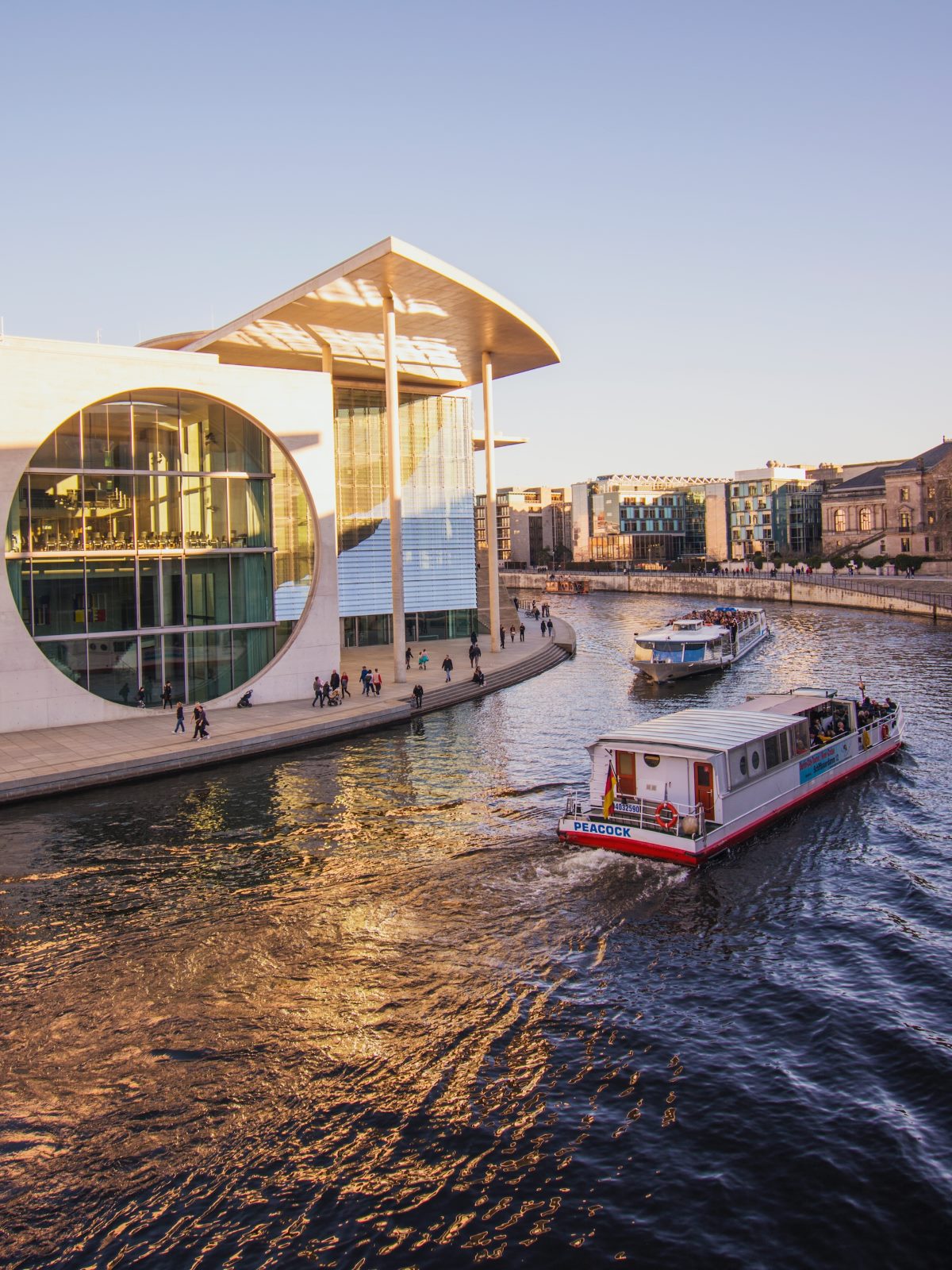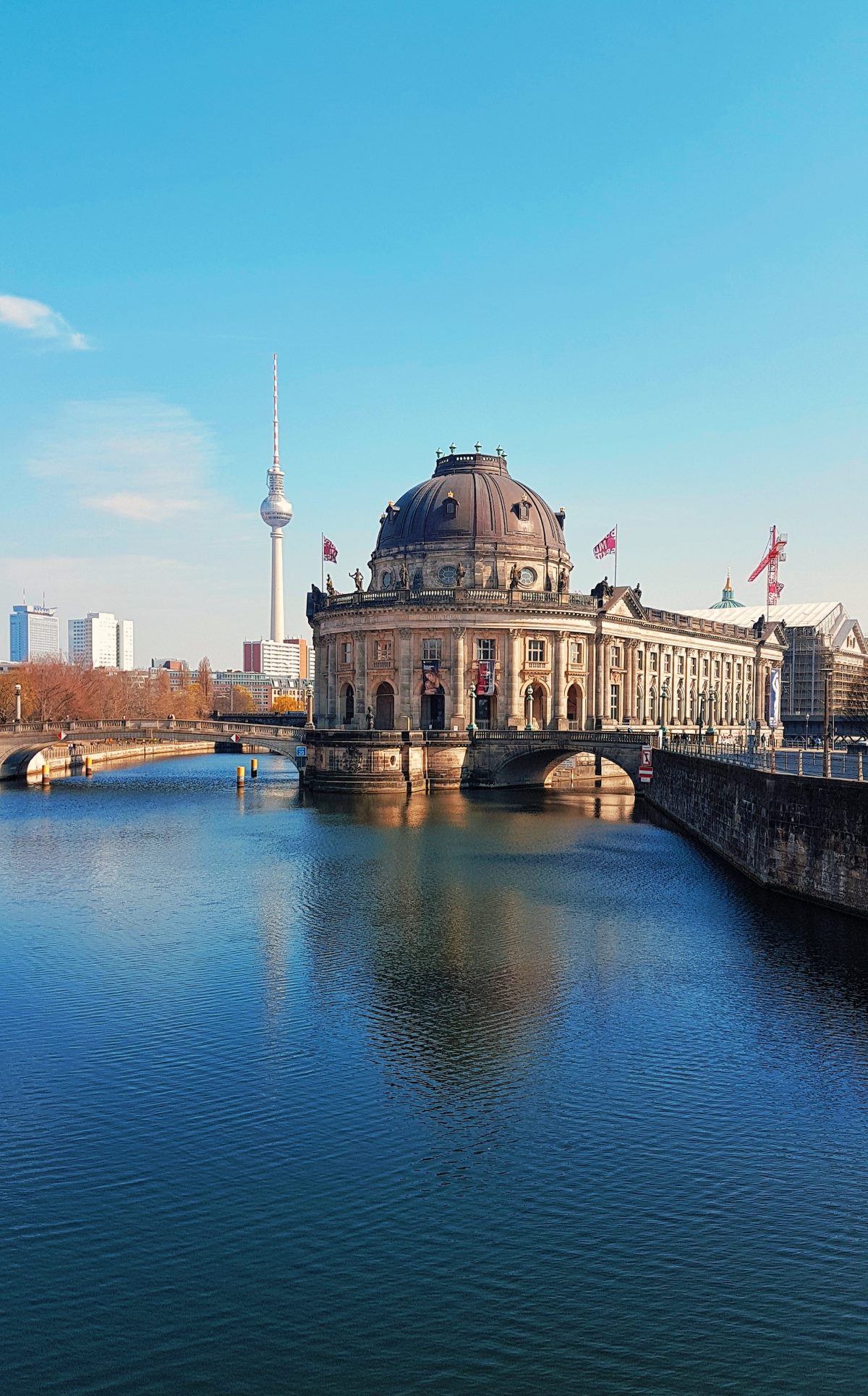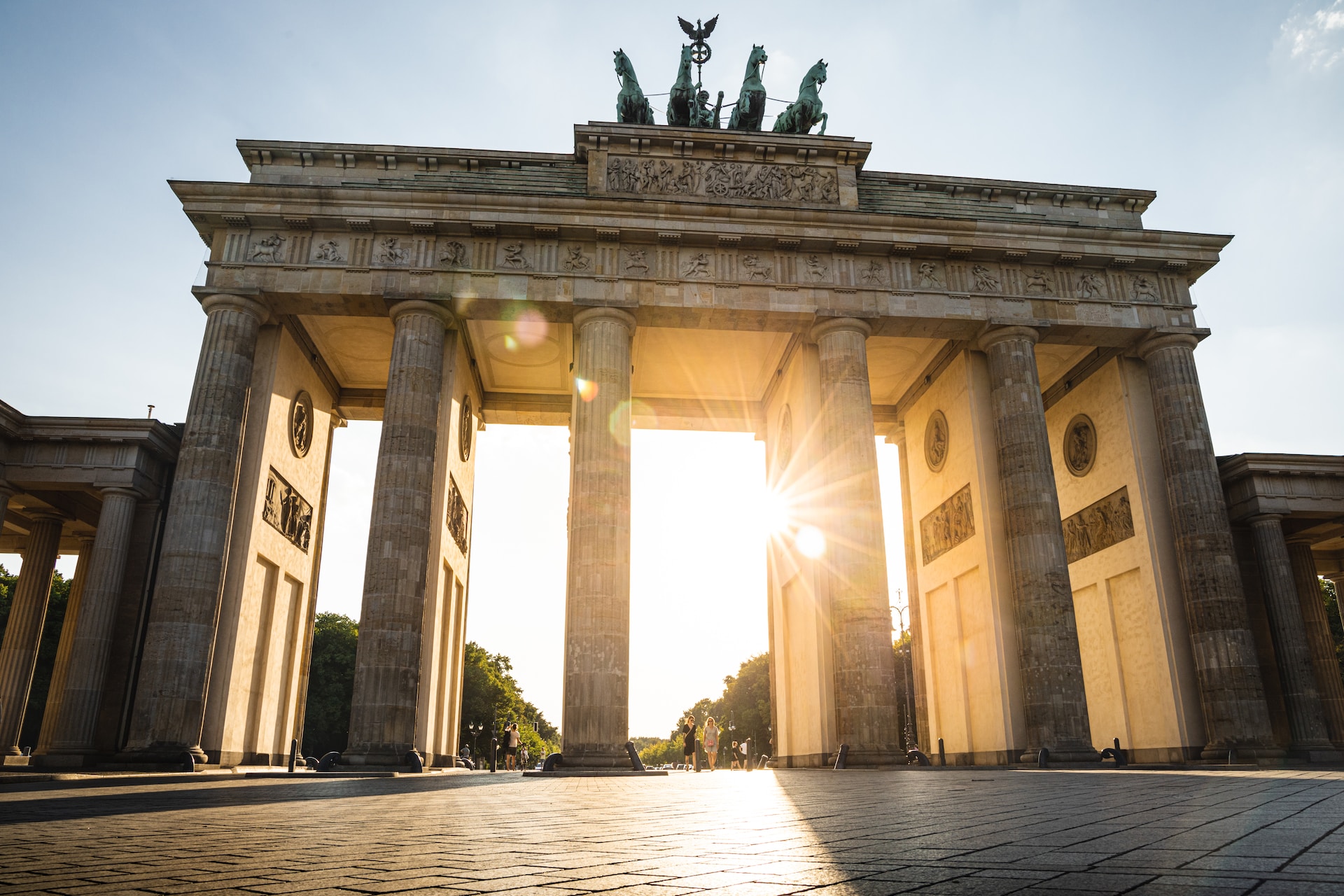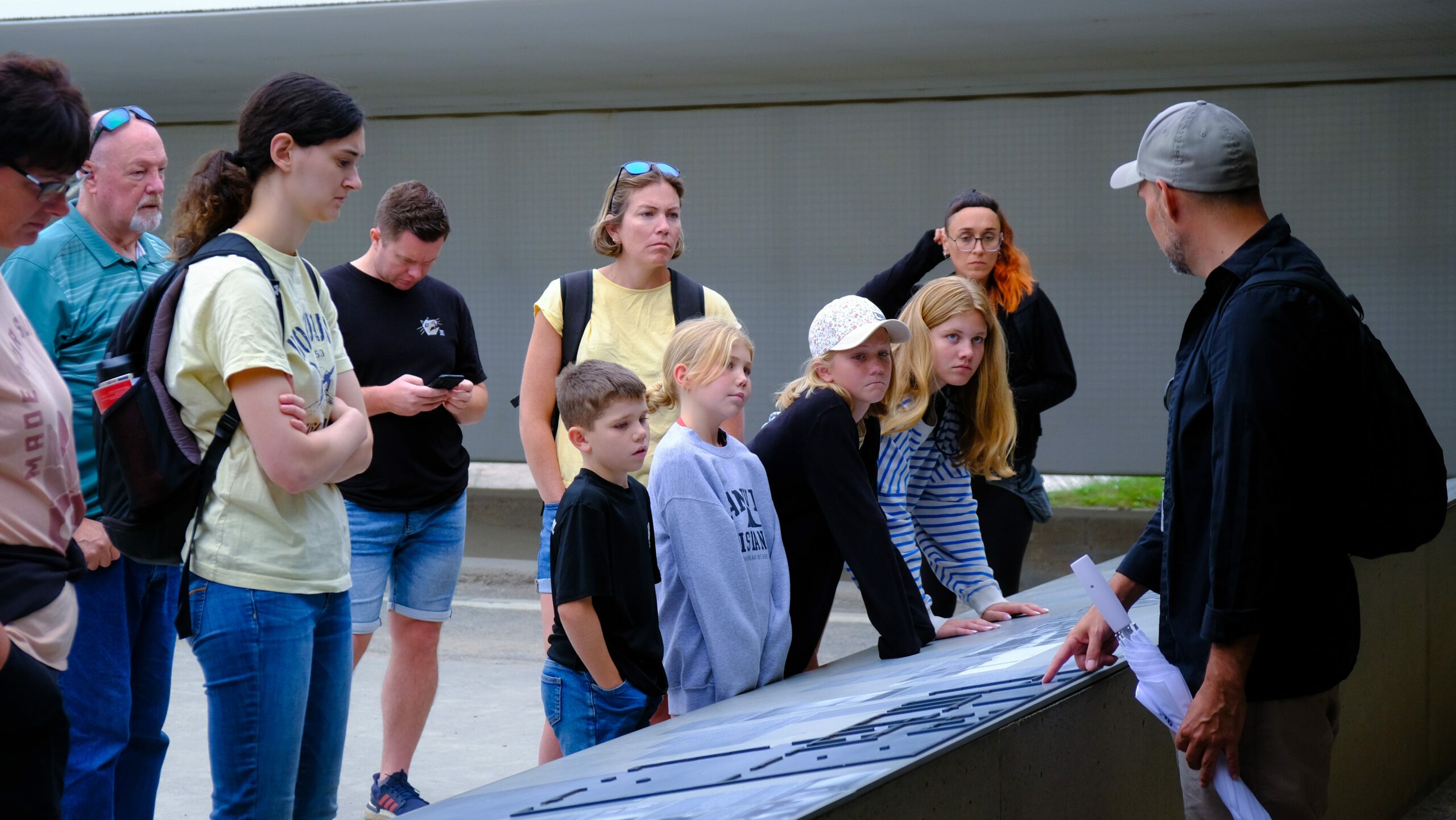Introduction
The so-called Nefertiti Bust is one of the most visited and most famous pieces of furniture being in Berlin, Germany. Its beauty and historical background have placed a uniqueness and importance in regards to cultures and overall interest such a place can attract tourists and have scholars being interested in.
Discovering Nefertiti
Queen Nefertiti served during the Egyptian history during the New Kingdom, the Eighteenth Dynasty, which was during the Thutmose III reign and during the Amarna Period, as the Great Royal Wife to Pharaoh Akhenaten. Nefertiti is present during this period as one of the prior influential queens in Egypt as well as the silent woman in the background.
An Extraordinary Artistic Masterpiece
The bust of Nefertiti called “Neferneferu Is the Complete Soprano Is Opera” is a splendid work of art in limestone elaborated with great masterful artistry. This was done by Thutmose who made the sculpture which was discovered by Ludwig Borchardt in the year 1912 in what can be referred to as Tell el-Amarna which was originally the ancient city of Akhetaten.
The Beauty and Sophistication
Nefertiti bust was made to be about 19 inches tall and portrays Neferstiti’s nicely defined cheekbones, large rounded eyes, slender nose, well-shaped lips. The piece of art is a good example of amarna art style, where art work focused on naturalism and depicting emotions along with the stereotype Egyptian model.
The Controversy Behind the Bust
From since the bust was discovered, it has caused discussions and controversies on ownership and restitution. At the moment, this bust is located in the Neues Museum in Berlin where Egypt has demanded the restitution of the bust claiming that it was shipped out from the country illegally. However, the legal position of the German government participating in the unearthing of the bust proves that the bust was obtained lawfully.
Admiring the Nefertiti Bust Today
Till today, scientists link the Nefertiti Bust with this; of course, the bust is in the Neues Museum in Berlin but in a special room where people can not only look at but also interact with the statue. People can indulge themselves in aesthetics of the sculpture to have awareness and observe her mystery and examine how gracefully this sculpture has been carved and still attracting the people for thousands of years.
Understanding Its Cultural Significance
Not only does it depict the beauty of an artistic part of human endeavor, but also present a rich history of ancient Egypt civilization. It is an essay that depicts a historical period in the Amarna period where art and religious practices changed with the new emphasis given on the solar deity, Aten.
The Legacy of the Nefertiti Bust
The uniqueness of the Nefertiti Bust is left to symbolize the female authority, beauty, and enigma. It has been further used by many artists and has become a symbol of ancient Egyptian civilization. It is evident in paintings, books, and fashion and other related lifestyle aspects.
Visiting Berlin, Germany for the Express Purpose of Watching Historical Events
In specifically, if you are making plans to have a tour to Berlin, you should include Neues Museum in your list of places to visit during your tour. You are just in for wonder when you look at the face represented by the sculpture of Nefertiti Bust as it is a symbol of the carved culture of the ancient world.
Virtual Exploration
If you cannot travel to Berlin, for whatever reason, there are websites that provide a virtual tour of the Nefertiti Bust or can offer photos of the Bust in high-quality resolution fit for zooming in. Use the following resources to have a better look to this part of our history.
Conclusion
The sphinx is one of the amazing sculptures which people have been attracted to regarding its beauty and historical significance. It pertains to the latter and remains one of the most fascinating references of the ancient Egypt and female dominiance in particular. I got a chance to see this sculpture in person, but it does not matter if you visit this impressive work, or watch a video about this masterpiece, it is surely a time-travel to the prehistoric time.
Table of Contents




